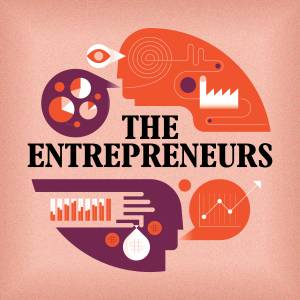Jesus condemned only two types of people, child abusers and
religious hypocrites. Are you “fundamentalists” better or more righteous than
him? Is your judgement better? By definition an antichrist preaches and
practices hate, domination, condemnation, persecution, and violence.
Christians need to read the New Testament instead of
obsessing about Old Testament rules, attitudes, stories, laws, and practices. Jesus
said that his coming fulfilled all the old laws, requirements, commandments, rituals,
and sacrifices. All were replaced by one.
Love everyone.
Love thy neighbour and thy enemy as thyself. No exceptions. Judgement
belongs to god. Self-sacrifice, compassion, charity, forgiveness, generosity,
and faith, are the only weapons allowed. Only Jesus can save a soul, not harassment
or violence. An antichrist is fundamentally a religious hypocrite and
Revelation predicts many, not one.
Although directed at those who claim to be or represent Christians,
this also applies to non-Christians hen Jesus is considered as an archetype.
Then it becomes obvious that humanists, rationalists, Buddhists, Muslims, and
everyone else can be antichrists.
We are not expected to be perfect in living up to this
ideal. As long as we are trying to progress toward it, it doesn’t matter how
far we’ve made it. Just as long as we don’t turn our intentions backward
including walking backwards so we look like we’re facing the right way. This is
the only orientation that matters to god.
Worry about your own beam and stop worrying about all the
splinters around you. And remember that more camels pass through needles than
rich people reach Heaven. Material success is not a sign of divinity.
God doesn’t inflict curses or punishments upon people,
although he may arrange challenges. He doesn’t interfere with natural laws or
the consequences of choices. He doesn’t allow evil, he protects free-will. We
are here to experience its power, responsibility, and consequences. We are here to learn to be part of a brutal,
uncaring natural world intent on forcing adaptive progress.
It is up to us to help ourselves. He only steps in when it
is beyond our capabilities, as subtly as possible to deny the proof that would eliminate
faith and prevent the exercise of true free-will. Doubt puts the choice on us.
Good and evil is the foundation of all choice. How we deal with that and what
we learn is the point. We are being prepared for adulthood by our elders to
determine how much responsibility and power we will be able to handle once we
graduate life’s high school.


